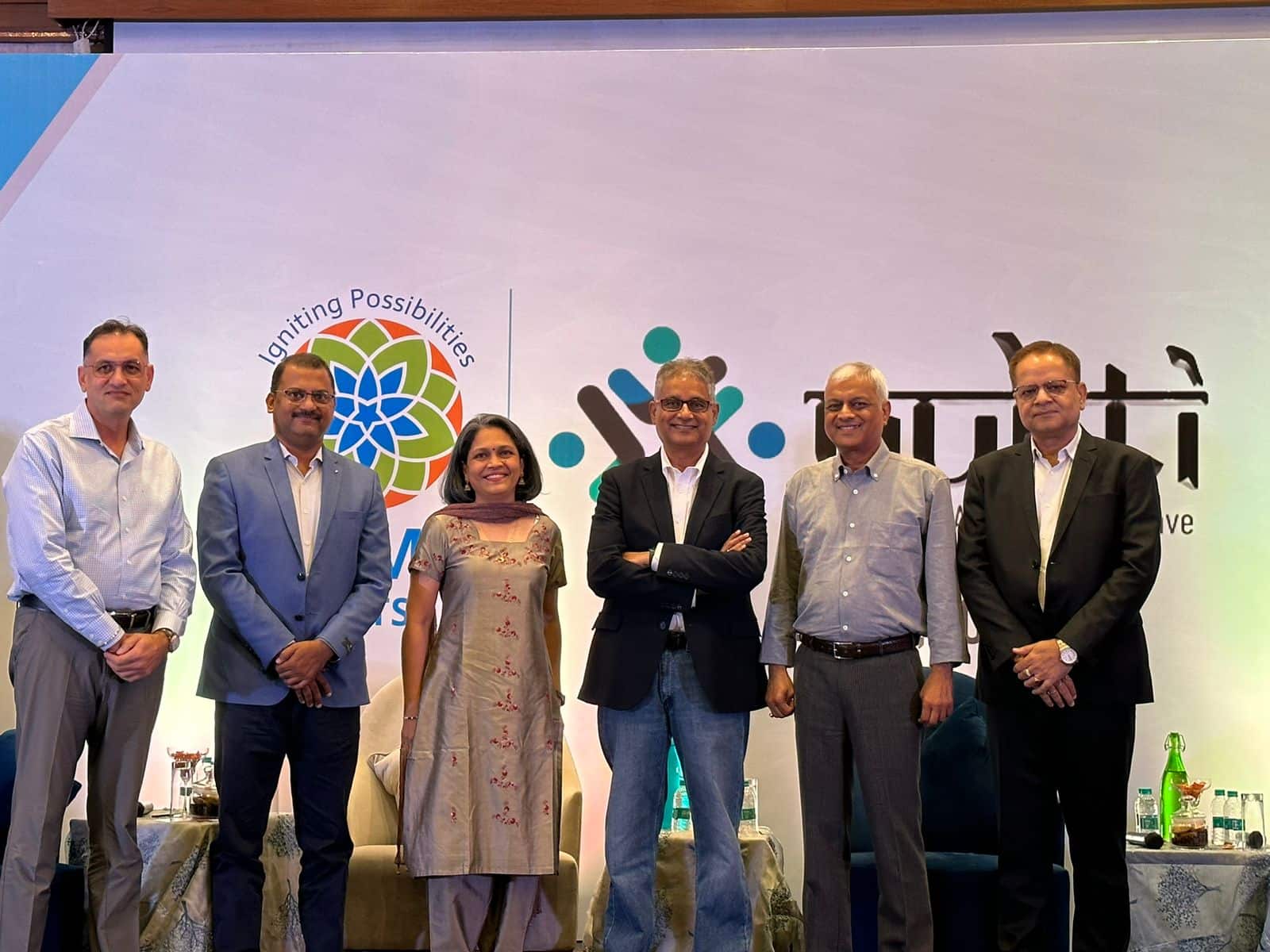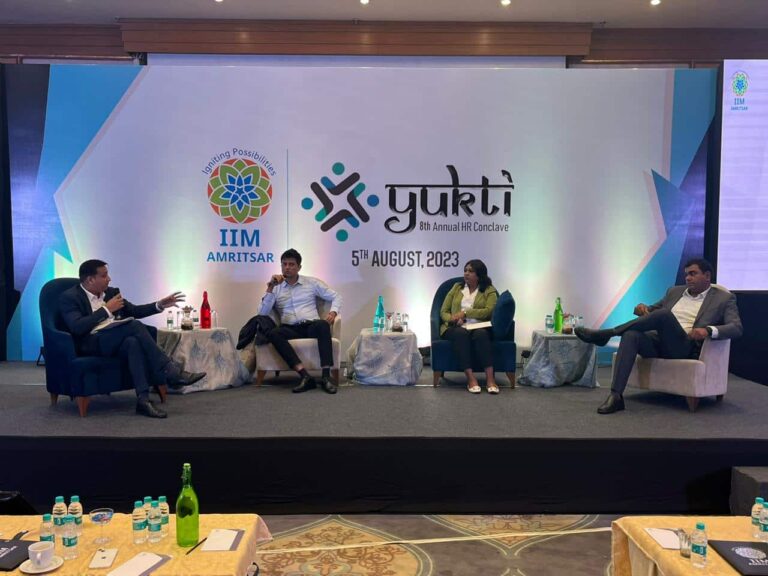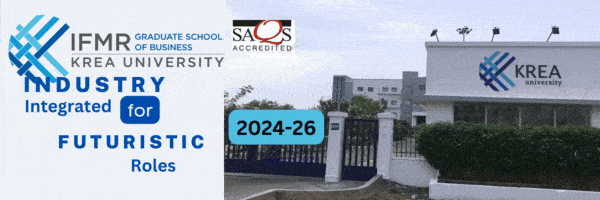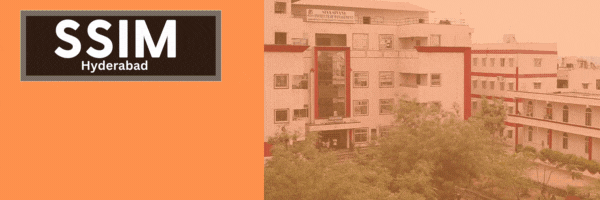IIM Amritsar kicked off the Industry Interaction season’ 23-’24 by successfully conducting Yukti’23, the 8th edition of the Annual HR Conclave at Hyatt Regency Amritsar on 5th August 2023. The conclave aims to provide a dynamic platform for industry veterans and stalwarts who share their enlightening experiences on the two themes.
CAT 2023 Exam Notification
The theme for the first-panel discussion this year would be “Impact of AI on HR: Opportunities and Challenges.” The theme explores the right mix of humans and artificial intelligence while discussing the significant opportunities and obstacles that come with it. Ms. Aastha Vashisht and Mr. Shivang Bhatia from the MBA-09 batch presented the theme to the audience.
IIM Amritsar Inaugurates MBA-09, MBA BA-03, MBA HR-03, PhD-04 Batches
The Keynote speaker for the first panel was Mr. Raj Raghavan, Chief People & Culture Officer of Corestack.io. The panel comprises Ms. Sunita Rebecca Cherian, Chief Culture Officer & Senior Vice President, Corporate Human Resources, Wipro Limited; Mr. Rahul Bagale, Group HR Head, Force Motors Ltd.; Mr. Abhay Kapoor, Chief Human Resources Officer, Suzuki Motor Gujarat Pvt. Ltd.; Mr. Paneesh Rao, Chief Sustainability Officer, Mindtree and Mr. Gaurav Ahluwalia, Managing Director, Human Resources, JP Morgan Chase.
Brief on Panel 1
 Mr. Raj Raghavan spoke about the COVID era and the associated challenges in HR, along with the challenges in store for the future. He talked about an impending recession on the back of COVID and how to handle the same. He also elucidated how the role of HR has transformed in the last 30 years, with the scope of HR widening hugely with the advent of AI. He explained how ChatGPT came into being due to generative and how it gets some things wrong even now. This necessitates the human touch in AI. He also warned that the threat of bias comes with human intervention in AI. He then explained some use cases of AI in recruiting, career pathing etc. Mr. Raghavan ended his hugely informative session by mentioning that there are some threats associated with AI, with concerns about jobs being redundant, but overall, AI is here to stay.
Mr. Raj Raghavan spoke about the COVID era and the associated challenges in HR, along with the challenges in store for the future. He talked about an impending recession on the back of COVID and how to handle the same. He also elucidated how the role of HR has transformed in the last 30 years, with the scope of HR widening hugely with the advent of AI. He explained how ChatGPT came into being due to generative and how it gets some things wrong even now. This necessitates the human touch in AI. He also warned that the threat of bias comes with human intervention in AI. He then explained some use cases of AI in recruiting, career pathing etc. Mr. Raghavan ended his hugely informative session by mentioning that there are some threats associated with AI, with concerns about jobs being redundant, but overall, AI is here to stay.
The panel discussion was initiated by Mr. Paneesh Rao, the session’s moderator. Emphasizing on use cases of AI, he spoke about leveraging the power of AI to solve real-time problems. According to him, the most pertinent question to be asked first is, “Can AI replace the ‘H’ or ‘human’ factor in human resources? And if yes, by how much in terms of empathy and fostering a culture of inclusivity”. He discussed the scenario of recruitment, shortlisting resumes and mass hiring with the help of AI.
Ms. Sunita Rebecca Cherian shared her experience at Wipro, stating the remarkable strides technology has taken in empowering employees, enabling them to thrive in today’s rapidly evolving digital landscape. With her extensive expertise in the industry, she unveiled various aspects of technology adoption that have led to enhanced productivity, collaboration, and innovation across organizations. In response to a query about the authenticity of AI in hiring, she explained that the role of hiring is limited to screening, and the human touch is still imperative for recruitment. Furthermore, Ms.Cheriyan stressed that one must have a pragmatic understanding of AI and its developments in the upcoming times, as this field is boundless.
IIM Amritsar MBA Placement 2023. Average salary 16.51 LPA
IIM Amritsar Kicks off International Conference on Management of MSMEs 2023
Taking forward the point of digital transformation and the role of AI in employment, Mr. Rahul Bagale joined the discussion by focusing on the limitations, such as privacy and biases in AI. He also spoke about the opportunities presented by AI through his experience, where the system coordinated with multiple stakeholders in the recruitment process, filling the gaps in the process. His parting thought was that the edge in human resources lies in the people, which is why it is still called Human Resources.
Mr. Abhay Kapoor took forward the discussion of the role of AI in talent acquisition, where he illustrated how the usage of AI was a great relief during the Covid-19 pandemic. Introducing the various stages of the employee life cycle and the intervention of AI tools in each step, he demonstrated how AI and HR have become intertwined.
Mr. Gaurav Ahluwalia emphasized the effectiveness of AI in sourcing and shortlisting candidates conveniently and timely and enhanced the experience of all the stakeholders involved. He illustrated how AI throws offerings to corporate individuals to help them in individual assessment while asking us to keep a check on the drawbacks of AI. He said, “When one sees that AI is doable and effective, everyone will implement and embrace it”.
The faculty anchor Dr Vartika Dutta along with the HR club of IIM Amritsar ‘Hrithvi’ unveiled Ekagra 4.0 , the Bi-Annual HR magazine of the institute
Brief on panel 2
The second-panel discussion was “Cultivating a Mentally Healthy Workplace: Nurturing Employee Well-being and Promoting Mental Health”. This topic delves deeper into the practices that help cultivate positive mental health and evaluate the progress of the measures taken. Mr. Mudit Arora and Mr. Vivek of the MBA09 batch delivered a short presentation on the theme briefly discussing the way forward.
The Keynote speaker was Mr. Dharm Rakshit, Sr. GM of HR and Lead Employees Relations of Hero Motocorp. The panel discussion will be taken forward by Mr. Pradeep Chavda, HR Transformation Director APAC, Middle East & Africa and Director Human Resources, India, Sodexo; Mukul Mathur, Group Head HR (CHRO), Ex-CJ Darcl; Mr. Gaurish Wagh, Global Talent Management & Change Expert; Ms.Divya Sonali Minz, Director Human Resources, Avnet India Pvt Limited.
Mr.Dharm Rakshit spoke about how covid19 brought drastic changes from an organizational perspective. Initiatives such as insurance and well-being which were once just another add-on for the organization today, have become essential, and companies are ready to invest in them. He expressed his concern about the growing stress in humans starting from adolescence and emphasized the importance of balancing physical, financial and social health. Drawing from his extensive experience in well-being, Mr. Rakshit passionately urged the audience to prioritize self-care and focus on nurturing their physical, mental, and emotional health. By fostering a culture of well-being within organizations, he emphasized how individuals can enhance their overall productivity, resilience, and happiness, thereby contributing to a thriving work environment.
The moderator of the panel, Mr Mukul Mathur, commenced his address by stating that ‘Mental well-being is a state of mind and one’s productivity is completely dependent on that state’. He spoke about how unresolved matters of the mind can impact oneself and the people around him. He further added, “Employees are reluctant to talk about mental health, so its imperative for HR professionals to make them feel comfortable about it” He posed some insightful questions to the panel on how they, as HR professionals, incorporate mental well-being and create an environment of open feedback in their respective organizations.
Mr. Pradeep Chavda spoke about how every field has a different challenge in terms of mental health, and the gravity differs for every area. On providing mental well-being resources to employees, Mr. Chavda stated, “Employee mental health can also be affected by a plethora of issues, be it familial or any other, and the organisation’s management should be cognizant of the same because one cannot separate person from the employee”. Adding further, he mentioned apps for employees to learn about mental health issues, SOS partners and ‘Spirit of Inclusion’ is and is a few of the initiatives his organisation introduced as a part of well-being.
As an organisation involved in supply chain management, Ms.Divya Sonali Minz stated that the employees are wedged between the distributors and the customers, leading to complex, stressful situations. Incorporating cross-cultural communication in a global organisation like hers did help in reducing the overall stressful environment. She enlightened the necessity of studying gaps with the help of tactful surveys. She highlighted the various initiatives her organisation has taken for the better well-being of the employees.
“Leadership involvement as the first step is imperative for any organisational issue that may arise, not limited to mental health” Mr. Gaurish Wagh spoke about adopting a top-down approach to promoting mental well-being. Acceptance of mental health issues in the organisation makes employees reach out to proper resources and helps them navigate the uncertainties and complexities of the VUCA world. He concluded by expressing his heartfelt gratitude to the students of IIM Amritsar for their efforts in putting up an event of this scale.
An engaging Q and A between the students and the panellists followed the sessions. Synergy, the mental health and wellness cell of IIM Amritsar, launched ‘LetGo ‘, a campaign focused on promoting mental well-being and physical health. Submitted by IIM Amritsar PR Team





